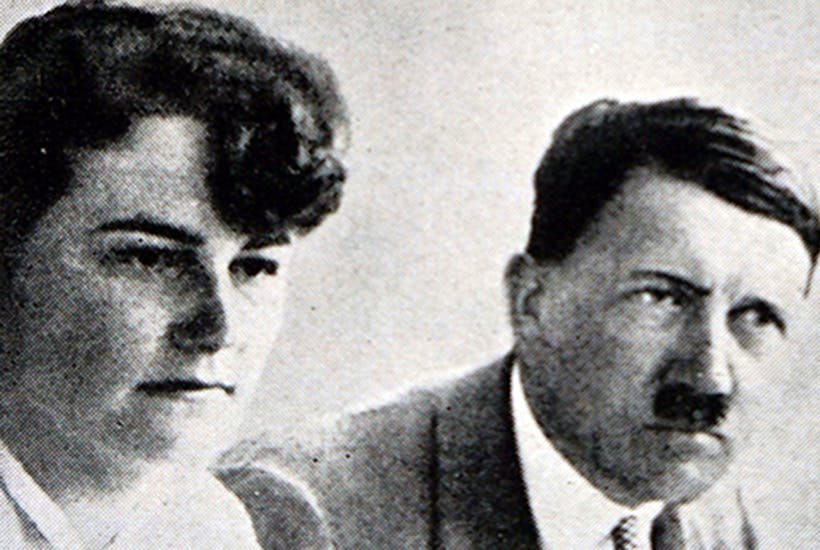The journalist Deepa Anappara turns to crime with her debut novel, Djinn Patrol on the Purple Line (Chatto & Windus, £14.99). First off: great title. I really wanted to love this book, expecting, well, djinns on the purple line. The results are somewhat different. The purple line refers to a train line that runs through an area of an Indian city filled with slums and rubbish tips. Nine-year-old Jai is obsessed with TV cop shows. When young children start to go missing, Jai sets out to track down the people responsible. The hours he’s spent watching programmes such as Police Patrol will now come to good use, as he works a case the real police have little interest in.
As many as 180 children go missing in India every day. This fact prompted Anappara to write the novel. An admirable notion. But there’s a sense of writing from the outside, looking in, rather than starting from the centre: the kid and his obsession with cop shows, and how an intense need to investigate might grow out of that obsession. Nevertheless, great language throughout, colourful, sparkling, packed with images. But man, I’d love to read about djinn patrols on the purple line.
Chris Petit comes to crime fiction from a very interesting angle, having made a name for himself in experimental cinema. His latest, Mister Wolf (Simon & Schuster, £14.99), continues a series set in Berlin during the second world war. By 1944 the city is plagued by political infighting and rising levels of corruption. August Schlegel works at a desk in the Gestapo office, caught between doing what he thinks is right and good, and playing along with the regime. Life on a tightrope. When Adolf Hitler miraculously survives an assassination attempt, Schlegel can’t help but question the official version of events.







Comments
Join the debate for just £1 a month
Be part of the conversation with other Spectator readers by getting your first three months for £3.
UNLOCK ACCESS Just £1 a monthAlready a subscriber? Log in